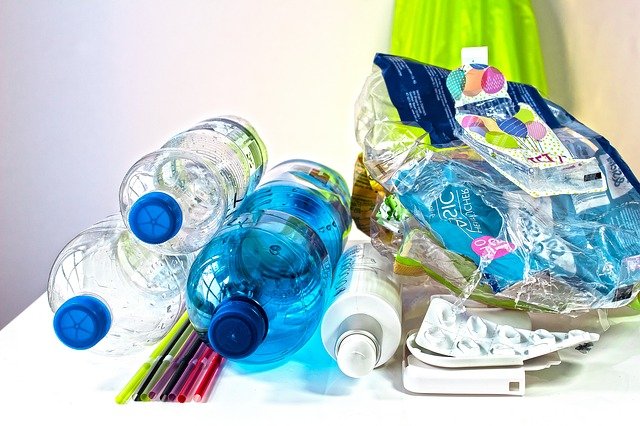This article is a Guest Post from our friends over at snacknation.com
Sustainability in business is a hot topic, and with the right approach you can actually embrace a greener approach to running an organization while also reducing costs. Here are 10 easy solutions to consider if you want to bolster your firm’s eco credentials, save cash and optimize your use of recycling resources in one fell swoop.
Give employees branded water bottles
Single use plastics are a serious ecological issue, and drinks containers are one of the biggest culprits in this waste-creation conundrum. Part of the problem is that, unlike glass and metal, plastic bottles are not infinitely recyclable and traditional water coolers have their own sustainability issues.
The solution is to order branded water bottles for employees, which they can use for years whether in the office or on the go. Since personalizable options are available, you could even issue them with unique names etched on them to avoid confusion.
Embrace composting
Food waste is another big problem in offices as well as at home, so creating separate bins where workers can deposit degradable items, while also separating them from recyclables, is sensible. You could even lower waste removal expenses by setting up an on-site composting center.
Go paper-free
While paper documents can be recycled, both the printing and storage of digital files costs a lot of money over time, as well as putting extra strain on the environment. Minimizing paper use as much as possible, or even moving towards a paperless office infrastructure, is desirable.
Dispose of e-waste responsibly
When business tech comes to the end of its usable lifespan, it is important to recycle it rather than allowing it to sit in storage or end up being processed in the wrong way.
There is an incentive to recycle old computer hardware, mobile phones and tablets as in some cases you can sell these to recycling operators; just remember to remove any hard drives to avoid data loss.
Adopt an upcycling policy
Recycling is important, but upcycling is an even more sustainable way to deal with office waste. If an object or item is no longer needed by one individual or department, rather than throwing it out it can be placed in an upcycling area where others in the organization can re-use it, saving you on waste disposal costs once again.
Expect more from suppliers
Businesses can put pressure on the manufacturers that supply them with office essentials to reduce waste by minimizing the amount of packaging used to transport goods. Furthermore, asking for all packaging to be recyclable or compostable is a good move.
Buy in bulk
Plenty of offices offer employees on-site facilities for food and drink preparation, and a lot of waste is generated by things like self-contained coffee pods, plastic stirrers and single-serve packs of sugar and milk. Ordering larger quantities of these items in bulk means less recycling, less waste and lower costs.
Gamify recycling
If employees have an incentive to make use of the recycling facilities in the office, you will have a better chance of achieving your goals and ultimately becoming a greener company. You can pit departments and teams against one another, and perhaps offer perks to the victors to make them more excited about participating.
Consider your company’s wider impact
It is not just internal recycling within the office that needs to be optimized, but also the needs that may be generated elsewhere as a result of your organization’s activities. For example, if your mailing list includes contacts that are either not within your target audience or duplicated from other entries, then you could be sending out far too much marketing messaging, moving the burden of recycling onto others. Once again, sticking to a digital solution will help with this.
Repurpose waste materials
If going paperless is not viable, then you can still print documents and make savings if you are smart about the long term lifespan of these materials. One option is to shred old documents and convert them into packing material for any items you ship out of your organization.








